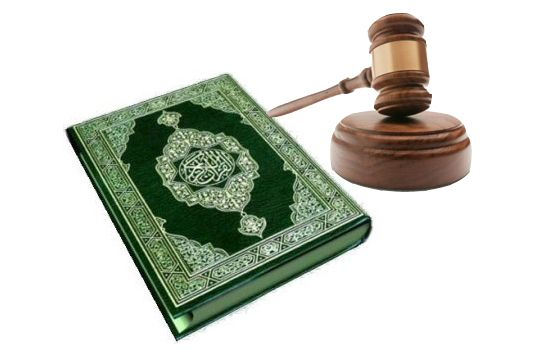Guardianship – Meaning and Concept
Guardianship under Muslim Law refers to the legal responsibility of taking care of a minor’s person and property. A guardian (wali) is appointed to manage a child’s affairs until they reach the age of majority, ensuring their physical, moral, and financial well-being. The concept is recognized under the Muslim Personal Law (Shariat) Application Act, 1937, and courts have consistently upheld it in India. Guardianship is divided into two categories: natural guardianship, where the father is the primary guardian of minor children, and appointed guardianship, where a guardian is appointed by a court or via a will (wasiyyat) for property or personal care. The aim is to protect the minor’s interests, balancing family rights and legal oversight.
Legal Principles and Hierarchy
Under Sunni Law, the father is the natural guardian of minor children, while the mother is considered the guardian of care and upbringing (Hadanat) but not property. The hierarchy is specified under Section 6 of the Guardians and Wards Act, 1890, which recognizes the father as the primary guardian but allows the court to appoint another guardian if it serves the child’s welfare. In Shia Law, the mother may have stronger rights, especially regarding the care of young children. Guardianship encompasses authority over the minor’s education, health, and property management, and must always be exercised in the child’s best interests.
Judicial Interpretation and Effect
Indian courts have emphasized that guardianship under Muslim Law is not absolute; it is subject to judicial scrutiny to protect the child. In Mohammedan Law Board cases, courts have clarified that the father’s rights can be limited if he is negligent or unfit, and the mother can act as a guardian for daily care. Appointed guardians must act prudently, avoiding mismanagement of property or abuse of power. Guardianship ensures that minors receive proper upbringing while safeguarding their property from misuse. Courts have held that the welfare of the child is paramount, overriding strict adherence to hierarchy if necessary.
Real-Time Example
For example, if Ahmed, a Muslim father, passes away leaving behind minor children, their mother becomes the natural guardian for care purposes, while property may be administered by a court-appointed guardian. If the mother is incapable or unavailable, the court may appoint a paternal uncle or another suitable adult as guardian under Section 7 of the Guardians and Wards Act, 1890. The appointed guardian ensures that the minor’s property is protected, education is provided, and welfare needs are met. This practical application demonstrates the balance between family customs and legal supervision in Muslim guardianship law.
Mnemonic to Remember the Concept
Mnemonic: “GUARD = Guardian Upholds Authority, Rights, and Development”
Breakdown:
- G – Guardian appointed for minor’s welfare
- U – Upholds rights of the child
- A – Authority over property and upbringing
- R – Responsibility for health, education, and care
- D – Development ensured through legal oversight
This mnemonic helps recall that guardianship under Muslim Law is a legal and moral responsibility to protect minors, covering both care and property, with courts ensuring proper supervision.
About lawgnan:
To gain a detailed understanding of Guardianship under Muslim Law, visit Lawgnan.in — your trusted legal learning platform. Explore the roles, rights, and duties of guardians (wali) under the Muslim Personal Law (Shariat) Application Act, 1937 and the Guardians and Wards Act, 1890. Learn how Indian courts interpret guardianship to ensure the welfare of minors, covering natural, testamentary, and court-appointed guardians. Lawgnan provides clear explanations, real-life examples, and landmark judgments essential for law students and professionals studying Muslim Family Law and child welfare principles in India. Stay informed, study smart, and strengthen your legal foundation.




